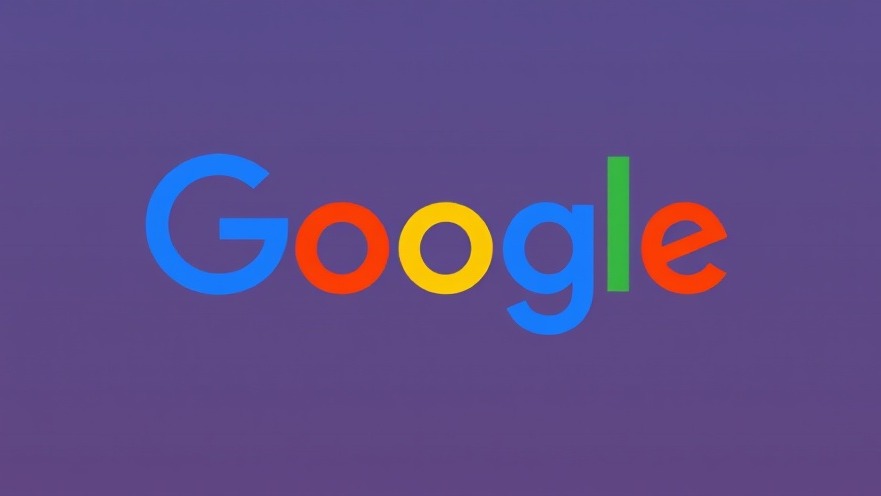
Google's Historic Settlement: A Major Blow to Data Violations
In a significant development for data privacy, Google has agreed to pay $1.4 billion to the state of Texas as part of a settlement over allegations that it collected user data unlawfully. This landmark decision, announced by Texas Attorney General Ken Paxton, underscores the ongoing battle between tech giants and regulatory bodies over user privacy rights. Attorney General Paxton emphasized that this case is a stern reminder that "Big Tech is not above the law," pointing out that Google's practices of tracking user locations, private searches, and biometric identifiers were executed without appropriate user consent.
The Allegations: What Did Google Do?
The settlement brings to light serious concerns regarding how tech companies handle personal data. The lawsuit filed in 2022 revealed that Google collected sensitive information—including voiceprints and facial geometry—from its services like Google Photos and Google Assistant, all without informing users or obtaining their explicit consent. This could set a precedent for how other states approach tech companies in the future, compelling them to enhance their data privacy practices.
The Ripple Effect: Other States Join the Fight
Texas is not alone in confronting tech companies over privacy issues. Other states are also actively pursuing action against major players. For instance, Meta, the parent company of Facebook and Instagram, recently agreed to pay a similar $1.4 billion settlement for misusing users' biometric data without permission. As more states join Texas in holding tech companies accountable, there may be significant changes in how user data is collected, stored, and utilized across the industry.
Texas' Stance on Big Tech: A New Precedent?
The hefty settlement from Google follows Texas’s previous actions against the company, including a $700 million agreement in 2023 involving anti-competitive practices in the Android app store. Attorney General Paxton demonstrated a steadfast approach, insisting on stronger regulations on tech companies and their data handling practices. This could pave the way for more rigorous data privacy laws across the nation.
Google Responds: Old Claims, New Policies
In response to the settlement, Google spokesperson Jose Castaneda stated that the claims involve "old policies" that have already seen adjustments, emphasizing that future product changes aren't mandated by this agreement. Despite this, the settlement marks a pivotal point that reinforces the necessity for companies to develop and maintain robust privacy controls that align with user expectations and legal standards.
The Impacts on Consumers: What This Means for You
For consumers, this settlement may encourage heightened scrutiny of how personal data is used by tech companies. As awareness concerning data privacy rises, users might begin demanding more transparent practices from technology firms. This settlement could potentially empower consumers, motivating them to take a more active role in understanding and controlling their data.
Looking Ahead: Future of Data Privacy Laws
As data privacy continues to be a hot topic, regulatory pressures are expected to grow. With the rise of new technologies and the constant evolution of data usage, tech companies may find themselves navigating more stringent laws designed to protect user privacy. The outcome of the Texas case might serve as a blueprint for other states looking to address similar violations, leading to a broader national dialogue about data privacy rights.
Get Informed: The Importance of Understanding Your Data Rights
As these developments unfold, staying informed about your data rights is essential. With companies having access to an extensive array of personal information, understanding how it is used, and what protections are put in place is crucial for safeguarding individual privacy. As consumers, advocating for data protections can lead to more responsible corporate practices that respect user rights.
In light of these developments, it is vital for individuals to stay vigilant about their privacy rights and to understand how companies handle their data. Explore your rights and the technologies you use to ensure you are protected in this evolving digital landscape.
 Add Element
Add Element  Add Row
Add Row 



 Add Row
Add Row  Add
Add 


Write A Comment